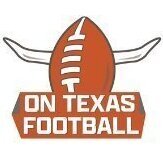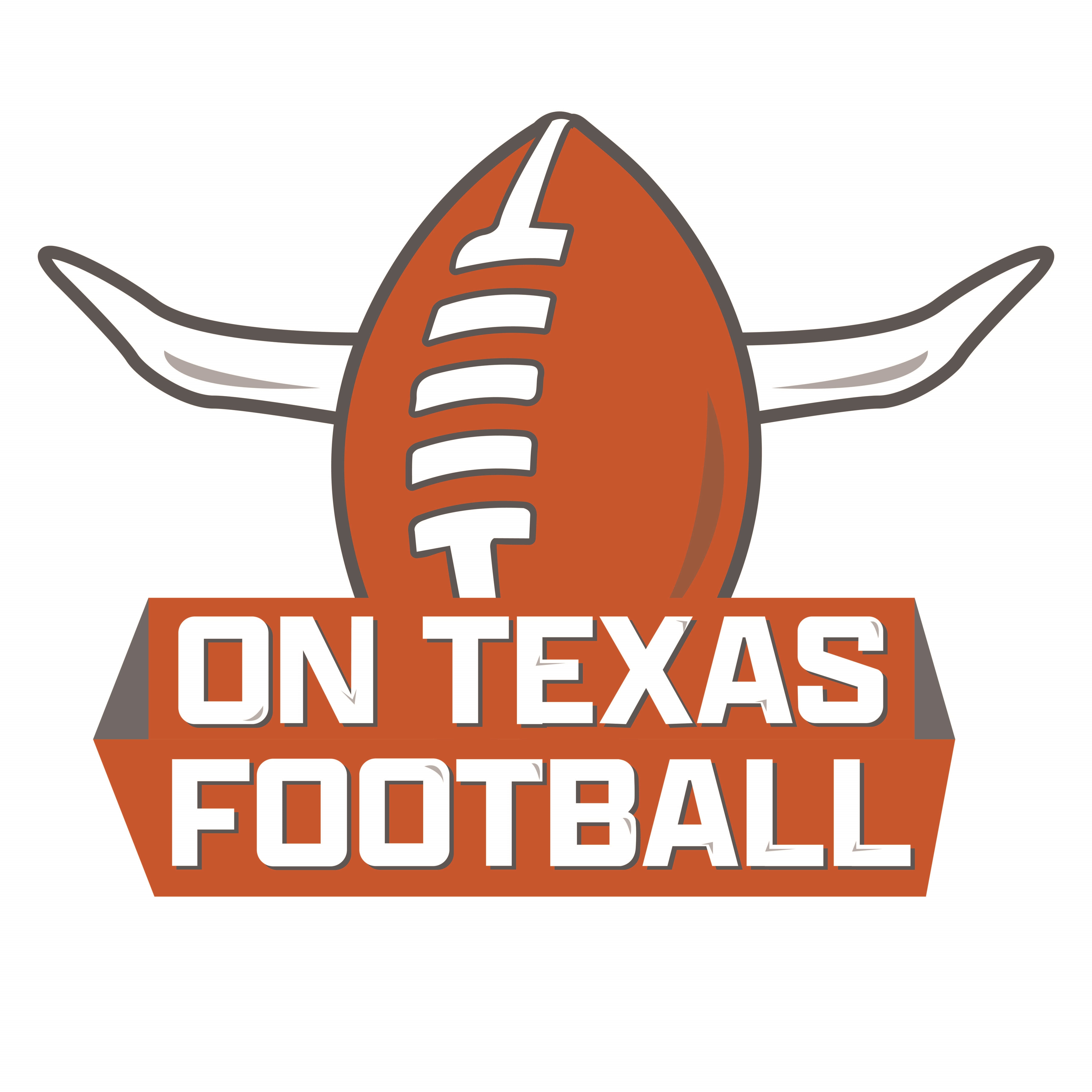
While logging 840 snaps (per Pro Football Focus) and serving as arguably the identity of the Texas offense, Manning accounted for just seven turnovers, all of which were interceptions. With that said, five of those interceptions came in the team’s first five games (one each against Ohio State, San Jose State and UTEP and two against Florida).
In the team’s four wins over opponents that ended the season ranked in the Associated Press Top 25 (No. 8 Texas A&M, No. 13 Oklahoma, No. 15 Vanderbilt and No. 21 Michigan), Manning accounted for 10 touchdowns (seven passing and three rushing) and no turnovers.
To better frame what Manning accomplished, it's worth noting that the year-over-year improvement in ball security from the quarterback position was staggering.
After Quinn Ewers accounted for 17 turnovers (12 interceptions and five missed fumbles) in 14 games in 2024 (an average of 1.2 turnovers per game and a turnover every 53 snaps played), Manning’s turnover averages per game (0.54) and per snaps played (one every 120 snaps). With Manning keeping the football away from opponents in the second half of the season, the Longhorns committed the fifth-fewest turnovers in FBS (nine total) in 2025 while tying for fifth nationally in turnover margin (plus-14 overall and 1.08 per game).
Manning became the first Longhorn quarterback since Sam Ehlinger in 2020 to lead the position in snaps played while going through an entire season without losing a fumble. However, Manning, who recovered his own fumble against San Jose State and got an assist from Quintrevion Wisner, who recovered a Manning fumble in the Georgia game, played 155 more snaps than Ehlinger did in a season shortened to 10 games (including the Alamo Bowl against Colorado, of which Ehlinger didn’t play in the second half) by the pandemic.
Furthermore, Manning (2025), Ehlinger (2019 and 2020) and Shane Buechele (2017) are the only three Texas quarterbacks in the PFF era (since 2014) to log at least 500 snaps at quarterback without losing a fumble. Among the quarterbacks who've played at least 500 snaps in a season for the Longhorns over the last 12 seasons, only Ehlinger and Buechele had seasons with fewer turnovers accounted for than Manning’s seven giveaways in his first full season as the program’s starter.
Turnovers by Texas QBs since 2014 (minimum 500 snaps, per PFF)
Shane Buechele (2017) — 4 (all interceptions)
Sam Ehlinger (2020) — 5 (all interceptions)
Sam Ehlinger (2018) — 6 (five interceptions and one lost fumble)
Arch Manning (2025) — 7 (all interceptions)
Quinn Ewers (2023) — 7 (six interceptions and one lost fumble)
Quinn Ewers (2022) — 7 (six interceptions and one lost fumble)
Jerrod Heard (2015) — 7 (five interceptions and two lost fumbles)
Sam Ehlinger (2017) — 9 (seven interceptions and five lost fumbles)
Casey Thompson (2021) — 10 (nine interceptions and one lost fumble)
Sam Ehlinger (2019) — 10 (all interceptions)
Shane Buechele (2016) — 12 (11 interceptions and one lost fumble)
Tyrone Swoopes (2014) — 14 (11 interceptions and three lost fumbles)
Quinn Ewers (2024) — 17 (12 interceptions and five lost fumbles)
Of those 13 seasons, Manning’s 0.54 turnovers per game rank fourth behind Ehlinger in 2018 (0.43), Buechele in 2017 (0.44) and Ehlinger in 2020 (0.50). Ehlinger’s 2018 and 2020 seasons are the only two of the 13 in which a Texas quarterback had a better turnover-to-snap ratio than Manning’s 120-to-1 ratio (Ehlinger averaged one turnover every 163.2 snaps in 2018 and one turnover every 137 snaps in 2020).
How Manning protected the football is even more impressive when considering that he was one of the most pressured quarterbacks in the country.
No SEC quarterback felt heat from opposing defenses more than Manning in 2025, with foes pressuring him a league-high 165 times. All told, Manning was pressured on 35.6 percent of his dropbacks, which ranked sixth among SEC quarterbacks who were pressured on at least 15 dropbacks last season.
Along with displaying top-notch ball security, Manning’s 13.3-percent pressure-to-sack rate tied him with Vanderbilt’s Diego Pavia for the sixth-best percentage in the SEC. Texas A&M’s Marcel Reed (11.5 percent) and Trinidad Chambliss of Ole Miss (12.6) were the only SEC quarterbacks with better pressure-to-sack rates on 200 or more dropbacks.
Manning’s scrambling ability makes the conditions ripe for him to keep his turnovers down in 2026. He established himself as one of the top scrambling quarterbacks in the country last season, ranking 14th in FBS with 349 scramble yards.
When you combine Manning's gradually improved decision-making throughout the season with his elite scrambling ability and the instincts to prevent pressure from turning into sacks, he has a chance to continue being one of the best quarterbacks in the country at taking care of the football.
- Read more...
- 4 comments
- 111 views

